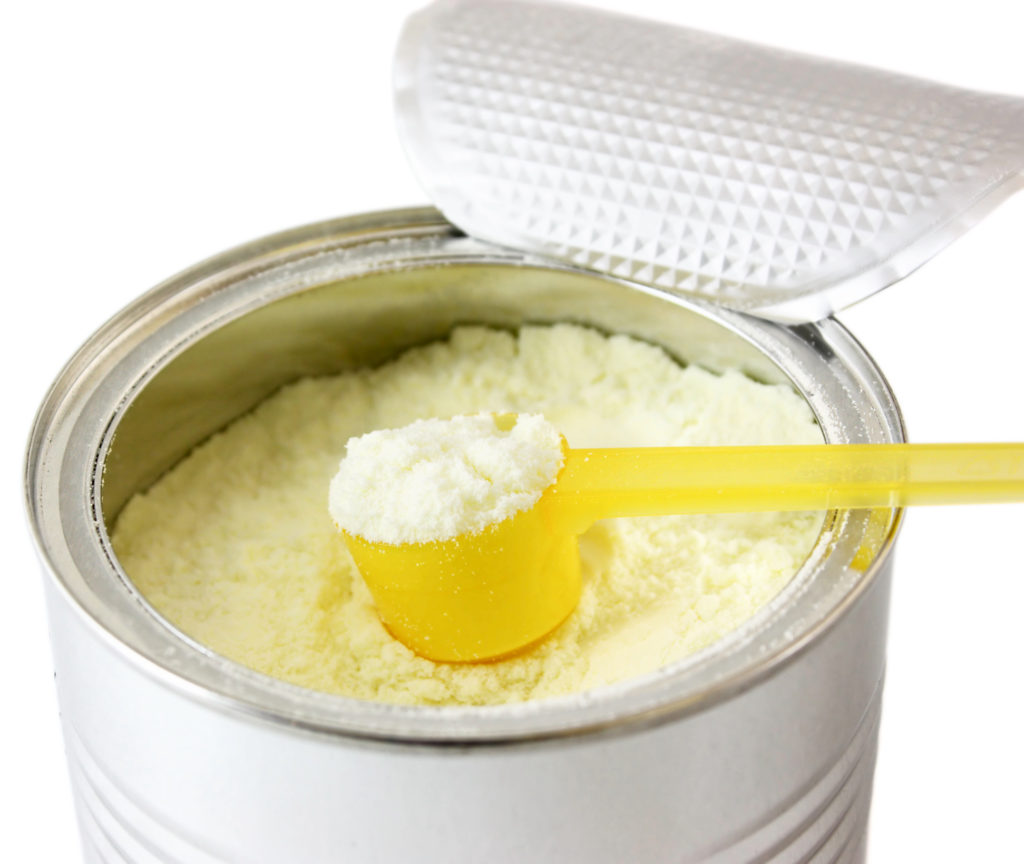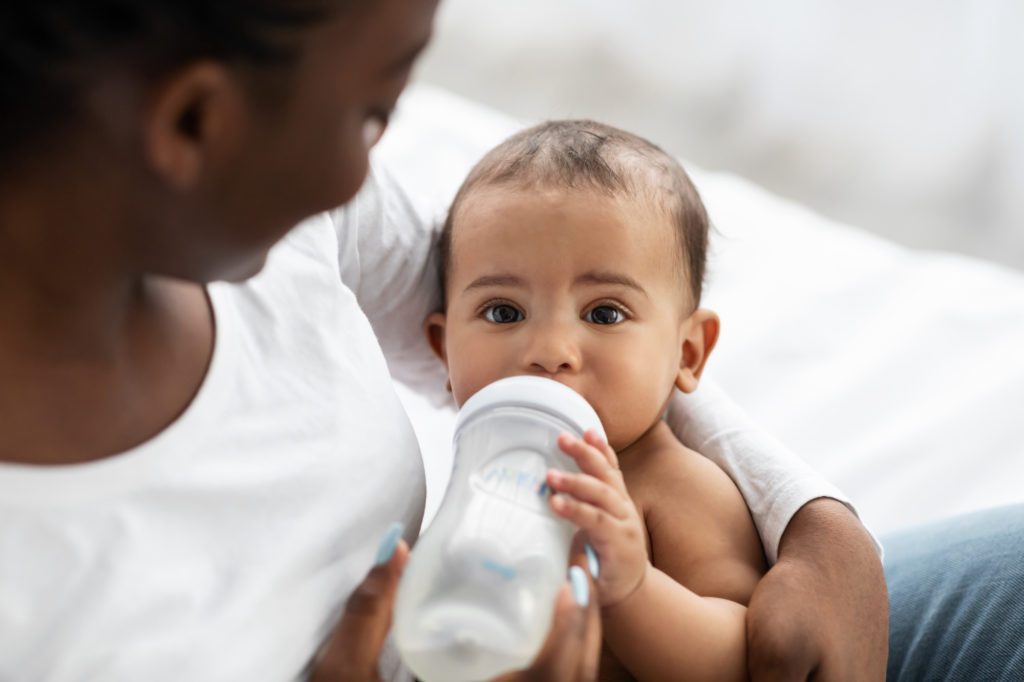
Families throughout Central Texas have been struggling to find formula due to a national shortage caused by supply stream issues and a factory recall. The shortage is disproportionately impacting low income families in Central Texas. This is because low income families tend to have less access to transportation and/or the time off necessary to go from store to store finding formula. Experts predict that this shortage may last to the end of the year.
This is our opportunity to come together to support our most vulnerable families and provide the vital information and resources is vital to keep our babies healthy during this time. The following community partners are collaborating to help fill these gaps. See below for more information.
Fill out this brief survey to be added to an email list and receive updates on local formula supplies and other opportunities for direct assistance.
The WIC resources page has excellent information on feeding.
You can also find some answers to common questions below.
Formula already in stores should stay on the shelves.
Any Baby Can
6207 Sheridan Ave,
Austin, TX 78723
8:30 to 4:30 Monday – Friday
Austin Doula Care
8500 Shoal Creek Blvd
Building 4 #104
9:00 AM to 4:00 PM Tuesdays and Thursdays
El Buen Samaritano
7000 Woodhue Dr,
Austin, TX 78745
Mondays 8 AM to noon
Brave Care
5915 La Crosse Ave
Building 2, Unit 140
Austin, TX 78739
7 days a week 10:30am-7:30pm
We are tracking the availability of supplies, especially in East Austin. Please use this form to report on available supplies.

Your pediatrician may be able to ask for special permission to get it shipped to your home.
WIC Options
The Texas WIC program is offering formula options to help families in need. Please note that these options are only available for WIC clients. Individuals or families can register online to enroll in the WIC program.
APH Resources
HHS Fact Sheet
The U.S. Department of Health and Human Services (HHS) has created a fact sheet to help families find formula.
Safety Information
The current stock of Similac products on the shelf are safe, as these were all manufactured after the recall at a different manufacturing plant not affected by the recall.
If someone has purchased powdered baby or toddler formula with the brand names Similac, Alimentum, or EleCare, they should first check to see if their formula was affected at https://www.similacrecall.com/us/en/product-lookup.html. Then, look at the bottom of the can or container and find the lot number and enter it into the website. If recalled, do not use it, and follow the manufacturer’s instructions to get a replacement. Abbott can be contacted at 1-800-986-8540.
Parents can contact their baby’s health care provider if their baby recently drank one of the recalled products and are experiencing fever, not eating well, excessive crying, low energy, or other symptoms.
If a formula was not included in the recall, families could still use it.
Because babies need a specific balance of nutrients, WIC and the American Academy of Pediatrics do not recommend making baby formula at home, and it is not safe to use cows’ milk or overly dilute formula.
Several organizers and city departments have been on calls together over the last two weeks, including WIC.
So far, official partners include: Community Resilience Trust, Maternal Health Equity Collaborative, Giving Austin Labor Support, Austin Doula Care, Any Baby Can, El Buen Samaritano, Austin Area Urban League, Gladiator Consulting, and the City of Austin (including Chief Resilience Officer, Austin Public Health, and Sustainability and Equity Offices)
Bridging the transportation gap for customers is vital. (Rides or deliveries). [NOTE–On a call reviewing this with organizers, we all felt deliveries were better than rides, given many families would have to bring babies along, and the risk/liabilities would be potentially prohibitive.]


Needs Identified on the CRT Call:
Bridging the transportation gap for customers is vital. (Rides or deliveries). [NOTE–On a call reviewing this with organizers, we all felt deliveries were better than rides, given many families would have to bring babies along, and the risk/liabilities would be potentially prohibitive.]